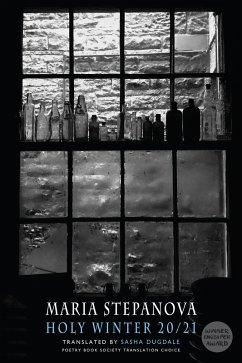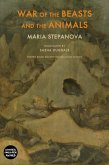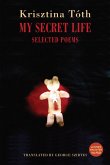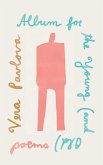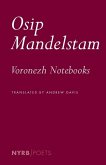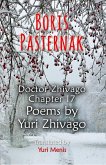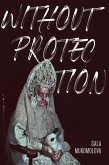This book-length poem one of Russia's most important and outspoken contemporary poets, written in a frenzy of poetic inspiration, speaks of winter and war, of banishment and exile, of social isolation and existential abandonment.
In early 2020, the outbreak of Covid-19 cut short Maria Stepanova's stay in Cambridge. Back in Russia, she spent the ensuing months in a state of torpor the world had withdrawn from her, time had 'gone numb'. When she awoke from this state, she began to read Ovid, and the shock of the pandemic dissolved into the voices and metaphors of an epochal experience.
In her poetry, Stepanova takes in the confusing signals from social networks and the media, opening herself up to the voices of kindred poets like Sylvia Plath, Inger Christensen and Anne Carson. In her prose, Stepanova searches for the essence of the moment in the maelstrom of historical time. As an essayist, she traces the reactions of her critical consciousness; taken together, her politically alert commentaries form a chronicle of the troubled present.
Hinweis: Dieser Artikel kann nur an eine deutsche Lieferadresse ausgeliefert werden.
In early 2020, the outbreak of Covid-19 cut short Maria Stepanova's stay in Cambridge. Back in Russia, she spent the ensuing months in a state of torpor the world had withdrawn from her, time had 'gone numb'. When she awoke from this state, she began to read Ovid, and the shock of the pandemic dissolved into the voices and metaphors of an epochal experience.
In her poetry, Stepanova takes in the confusing signals from social networks and the media, opening herself up to the voices of kindred poets like Sylvia Plath, Inger Christensen and Anne Carson. In her prose, Stepanova searches for the essence of the moment in the maelstrom of historical time. As an essayist, she traces the reactions of her critical consciousness; taken together, her politically alert commentaries form a chronicle of the troubled present.
Dieser Download kann aus rechtlichen Gründen nur mit Rechnungsadresse in A, D ausgeliefert werden.
Hinweis: Dieser Artikel kann nur an eine deutsche Lieferadresse ausgeliefert werden.

